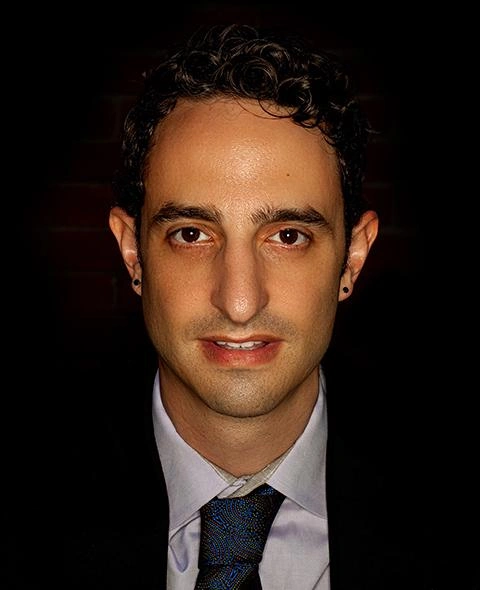Navigation auf uzh.ch
Navigation auf uzh.ch
Lecture by Dr. Joshua Cohen (Cuny University, New York), entitled "'Primitivism' and its Discontents. Harlem Renaissance, Postcolonialism and Decoloniality", on Tuesday, 14th of May, at 5 pm in lecture hall KOL-F-101, Rämistrasse 71, 8006 Zürich.
Organized by Bärbel Küster and Rosa Sancarlo in the framework of the Spring Semester 2024 lecture by Bärbel Küster: Ist eine dekoloniale Geschichte des "Primitivismus" möglich?

Program:
17:00 - Lecture
17:45 - Discussion
18:30 - Apéro
Abstract:
A strange irony exists in discourses of “primitivism” and the “primitive.” Few terms have been the target of so much opprobrium while growing so steadily in appeal. Ever since 1984-85, when critics of MoMA’s Primitivism exhibition seemed to situate modernism in relation to colonialism for the very first time, “primitivism” was reborn as a field marked by many new essays, book-length studies, exhibitions, and artists’ projects.
Despite this extensive body of work, a critical genealogy of “primitivism” still has yet to be carefully sketched. My talk at the Kunsthistorisches Institut will begin to chart “primitivism” in a range of historical and historiographic permutations, with a special emphasis on understanding the ostensible presence of “primitivism” within histories of African and diaspora modernism. Such a meta-account is needed, I argue, because when examined closely, historical articulations of “primitivism” often do not conform to contemporary ones—suggesting that the term, in its current usage, has become far too capacious to fulfill the theoretical roles for which it is touted.
To register the limitations and counter discourses of “primitivism,” it is useful to analyze manifestations of that phenomenon on a case-by-case basis as well as comparatively. One early Afromodernist response to the legacy of African sculpture and Europe’s avant-garde came from the philosopher and critic Alain Locke, a leading figure of the Harlem Renaissance in the mid-1920s. Locke proposed canonical African sculpture as an “ancestral” source for New Negro modernism. While being careful not to posit a natural symbiosis between African art and African American artists, Locke’s primary claim was that African art should be considered “classic” rather than “primitive.”